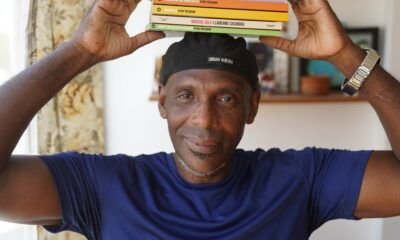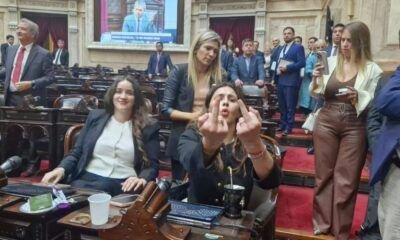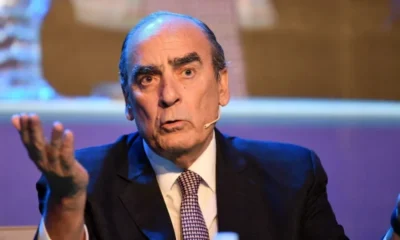INTERNACIONAL
Trump, South Africa in growing row over hotly contested land law, country’s deals with US foes

JOHANNESBURG — President Donald Trump’s executive order penalizing South Africa released on Friday has hit a raw nerve in the African nation. The order primarily aimed at land seizures comes as Pretoria has faced ongoing U.S. criticisms that it has operated against U.S. interests, including its support of the Palestinians in the International Criminal Court and its warm relations with China, Russia and Iran.
Friday’s executive order stated in part, «In shocking disregard of its citizens’ rights, the Republic of South Africa recently enacted Expropriation Act 13 of 2024, to enable the government of South Africa to seize ethnic minority Afrikaners’ agricultural property without compensation.»
«It is the policy of the United States that, as long as South Africa continues these unjust and immoral practices that harm our Nation:
(a) the United States shall not provide aid or assistance to South Africa; and
(b) the United States shall promote the resettlement of Afrikaner refugees escaping government-sponsored race-based discrimination, including racially discriminatory property confiscation.»
TRUMP FREEZES AID TO SOUTH AFRICA, PROMOTES RESETTLEMENT OF REFUGEES FACING RACE DISCRIMINATION
President Donald Trump takes part in a signing ceremony in the President’s Room at the U.S. Capitol on Jan. 20, 2025. (Melina Mara-Pool/Getty Images)
Friday’s executive order pointedly took aim at Pretoria’s foreign policy: «South Africa has taken aggressive positions towards the United States and its allies, including accusing Israel, not Hamas, of genocide in the International Court of Justice, and reinvigorating its relations with Iran to develop commercial, military, and nuclear arrangements … The United States cannot support the government of South Africa’s commission of rights violations in its country or its undermining United States foreign policy, which poses national security threats to our Nation, our allies, our African partners, and our interests.»
On Saturday the South African government responded, «It is of great concern that the foundational premise of this order lacks factual accuracy and fails to recognize South Africa’s profound and painful history of colonialism and apartheid,» Chrispin Phiri, spokesperson for the country’s International Relations Department, posted on X.
Phiri added that «we are concerned by what seems to be a campaign of misinformation and propaganda aimed at misrepresenting our great nation. It is disappointing to observe that such narratives seem to have found favor among decision-makers in the United States of America.»

Farmers inspect show sheep in Philippolis, South Africa, on Nov. 1, 2024. (PAUL BOTES/AFP via Getty Images)
Although it lost its majority in last year’s elections, the African National Congress (ANC) is still the main party in South Africa’s present government of national unity. The party’s secretary general reacted to the offer that White Afrikaners can go become U.S. citizens by posting a photo on X. In it, a black man is standing by an open door and gesturing with both arms outside the door, suggesting Afrikaners should leave.
The government has claimed Whites of all backgrounds, not just Afrikaners, still own approximately 70% of South Africa’s land. The government is on record saying the Expropriation Act will only be used to take land needed for public purposes – such as for a new school – from people of any color when the owner refuses to sell, and even then there would be «fair and equitable compensation.»
Emma Powell, the international relations spokesperson for South Africa’s main opposition party, the Democratic Alliance, told Fox News Digital that «for decades, the DA has opposed the ANC’s race-based policies. These policies have benefited the political elite while the vast majority of South Africans continue to languish in poverty.»
SOUTH AFRICAN PRESIDENT SIGNS CONTROVERSIAL LAND SEIZURE BILL, ERODING PRIVATE PROPERTY RIGHTS
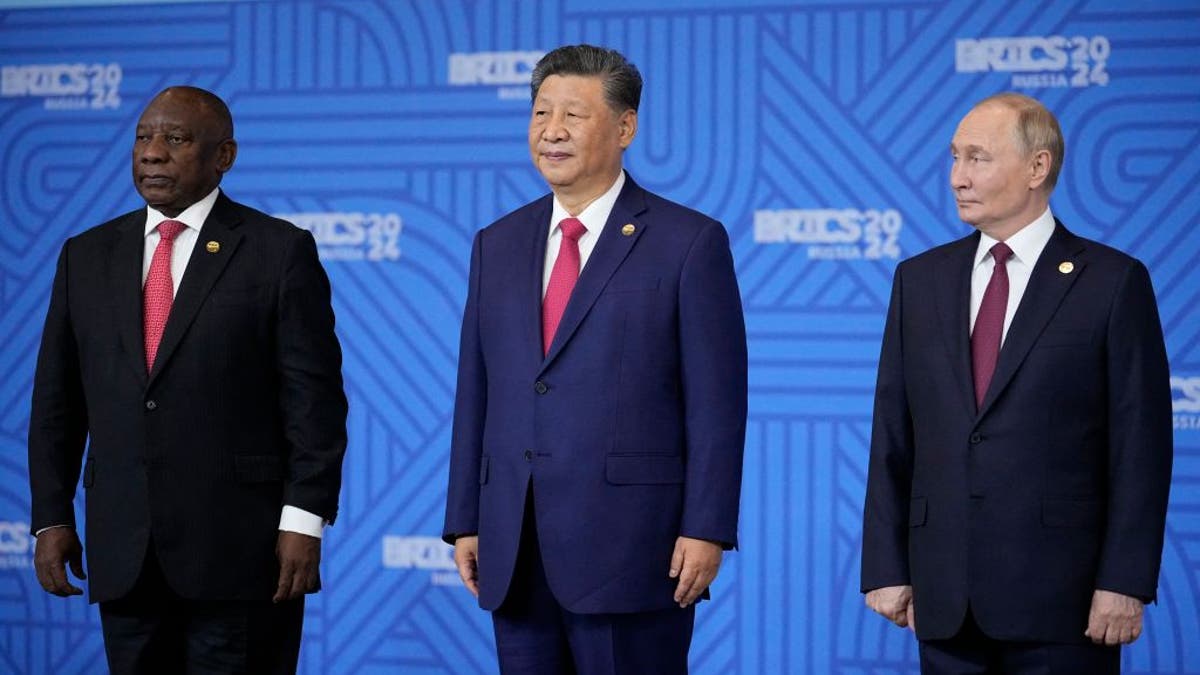
South African President Cyril Ramaphosa, left, Chinese President Xi Jinping and Russian President Vladimir Putin are shown during the BRICS summit on Oct. 23, 2024. (ALEXANDER ZEMLIANICHENKO/POOL/AFP via Getty Images)
She continued that the DA «will be pursuing legal action to safeguard property rights. It is now time for the ANC to re-evaluate both their domestic and foreign policy positions, which actively undermine our national interests.»
Powell told Fox News Digital, her party will send «a high-level delegation to Washington D.C. in coming weeks to engage with decision-makers. The DA remains committed to protecting private property rights, fostering economic growth, and strengthening diplomatic ties with the U.S.»
Afrikaners, descendants of predominantly Dutch settlers who landed in Southern Africa in 1652, became the country’s rulers and are widely believed to have developed the apartheid system that separated Whites and Blacks, treating Blacks as second-class citizens.
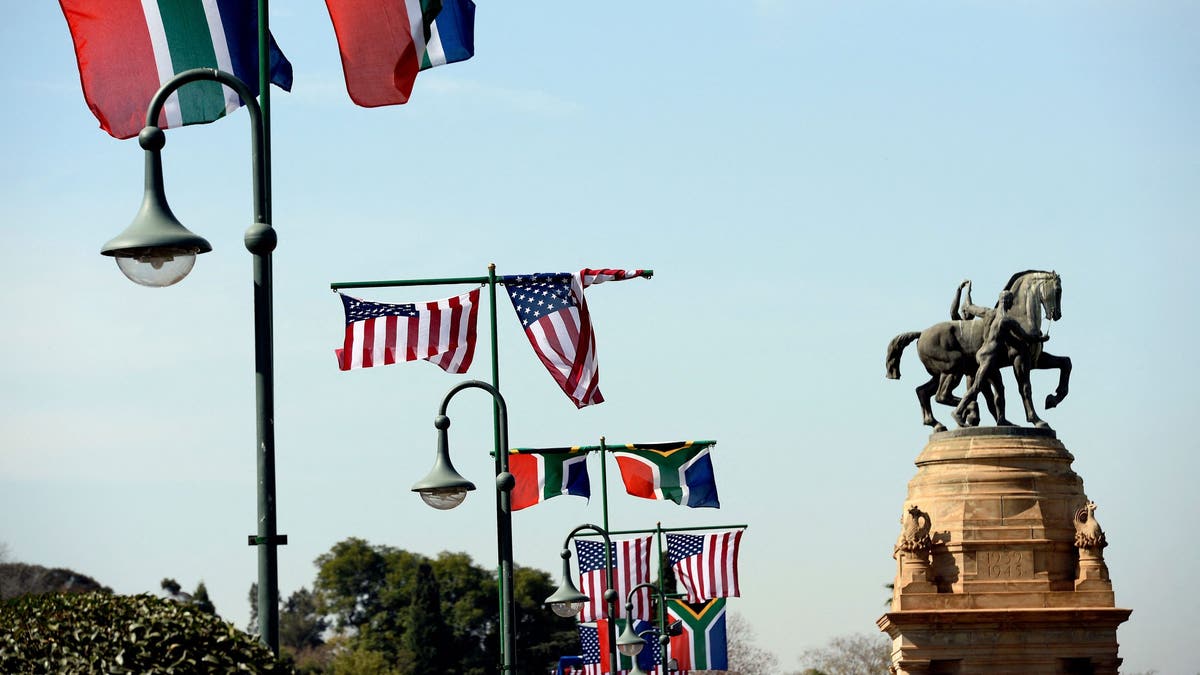
U.S. and South African flags are shown at Union Buildings in Pretoria. (STEPHANE DE SAKUTIN/AFP via Getty Images)
In a statement released on Saturday, AfriForum, a civil rights group that largely represents Afrikaners, expressed «great appreciation» for Trump’s action, which it said was «a direct result of President Cyril Ramaphosa and his government’s irresponsible actions and policies.»
It continued, «However, the civil rights organization and its sister institutions in the Solidarity Movement remain committed to Afrikaners’ future at the southern tip of Africa and insist that urgent solutions must therefore be found for the injustices committed by the South African government against Afrikaners and other cultural communities in the country.»
CLICK HERE TO GET THE FOX NEWS APP
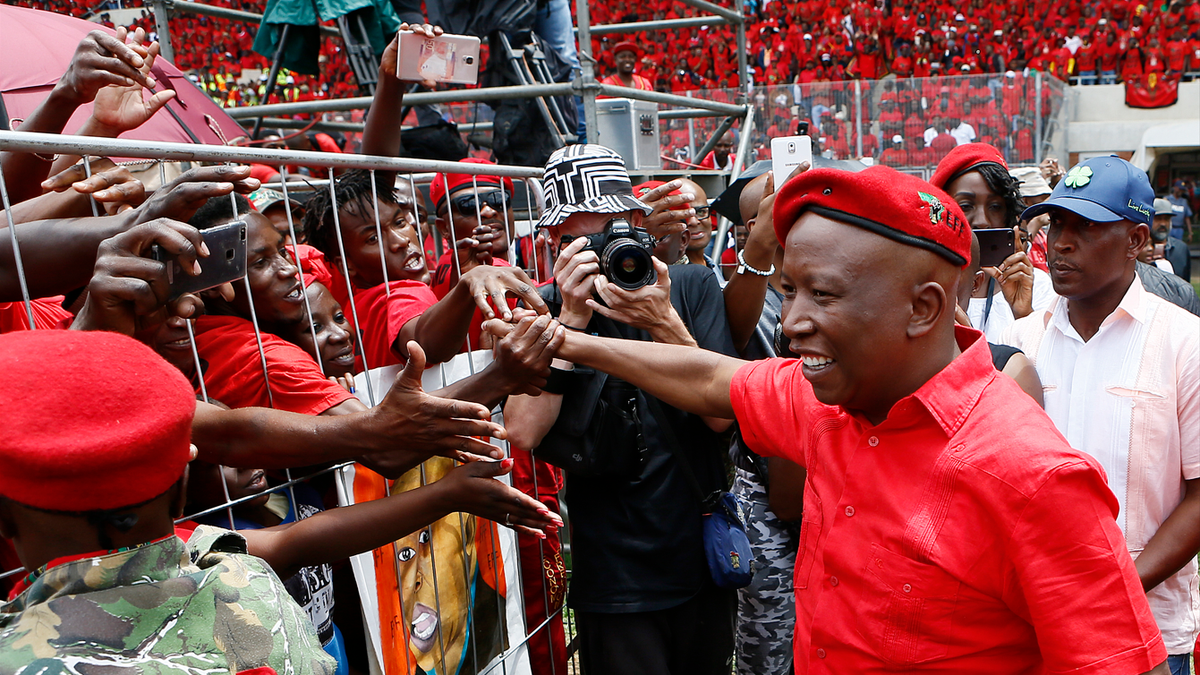
Economic Freedom Fighters leader Julius Malema greets supporters in Pretoria, South Africa, on Feb. 2, 2019. (PHILL MAGAKOE/AFP via Getty Images)
One of the more outspoken and extreme members of the government of national unity, Julius Malema, head of the South African minority party Economic Freedom Fighters, said on X, «In light of the aggression by the USA against South Africa, we must as a nation seriously consider strengthening ties with Russia, China and nations who belong to (the international trade body) BRICS to avoid unnecessary confrontations with maniacs such as Donald Trump.»
Malema has been taken to court on hate crime charges. In one instance, he sang the genocidal anti-apartheid struggle song «Kill the Boer, the farmer,» referring to the White descendants of Dutch settlers or «Boers» in South Africa.
INTERNACIONAL
Otro apagón masivo en Cuba, el cuarto en menos de seis meses: millones de usuarios sin electricidad
INTERNACIONAL
Senior Islamic State leader killed in Iraq, Trump says his ‘miserable life was terminated’
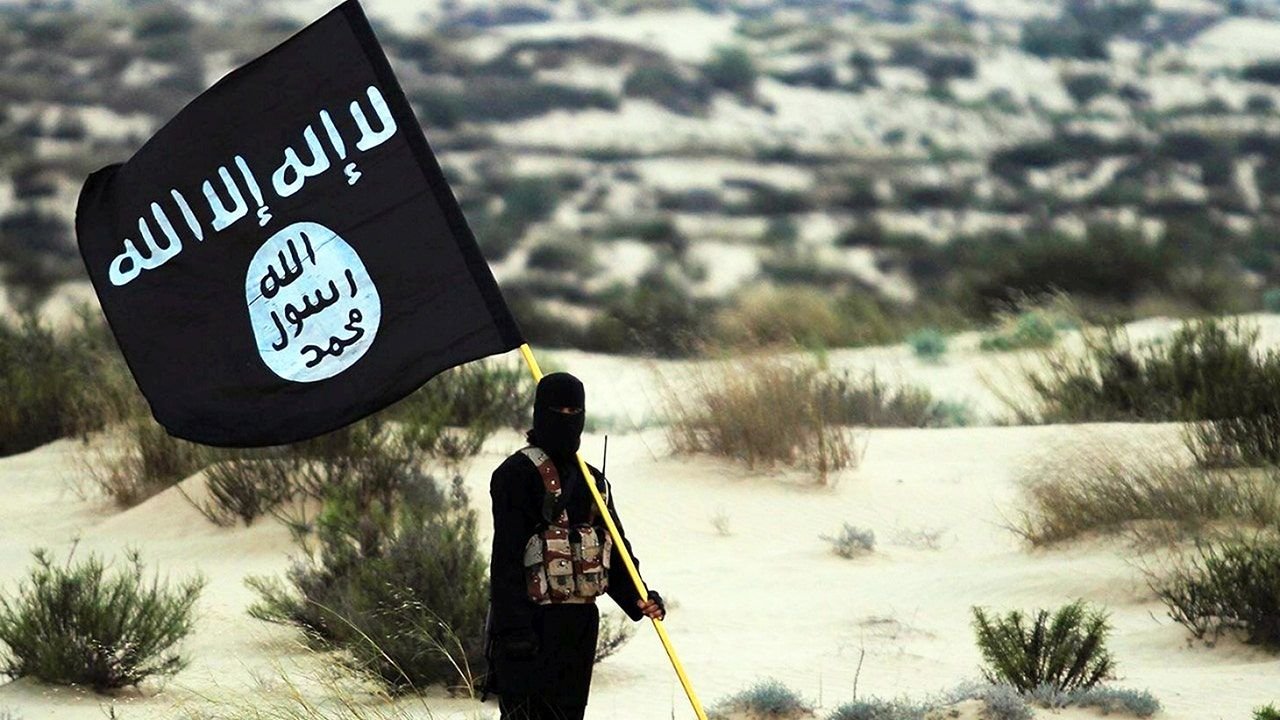
The leader of the Islamic State in Iraq and Syria has been killed, Iraq’s prime minister announced on Friday.
Abdallah Maki Mosleh al-Rifai, or «Abu Khadija,» was killed in an operation by members of the Iraqi national intelligence service along with U.S.-led coalition forces, Iraq’s Prime Minister Mohammed Shia al-Sudani said in a statement.
The prime minister described al-Rifai as «one of the most dangerous terrorists in Iraq and the world.»
U.S. President Donald Trump reacted to the news on his social media platform Truth Social, saying al-Rifai’s «miserable life was terminated.»
FORMER IRAQI REFUGEE LIVING IN TEXAS PLEADS GUILTY TO CONSPIRING TO SUPPORT ISIS
Iraq’s Prime Minister Mohammed Shia al-Sudani described al-Rifai as «one of the most dangerous terrorists in Iraq and the world.» (AP)
«Today the fugitive leader of ISIS in Iraq was killed,» Trump wrote Friday night. «He was relentlessly hunted down by our intrepid warfighters. His miserable life was terminated, along with another member of ISIS, in coordination with the Iraqi Government and the Kurdish Regional Government.»
«PEACE THROUGH STRENGTH!» the president added.
U.S. Central Command said in a statement that its forces, in cooperation with Iraqi Intelligence and security forces, conducted an airstrike in Al Anbar Province, Iraq, that killed the «Global ISIS #2 leader, Chief of Global Operations and the Delegated Committee Emir – Abdallah Makki Muslih al-Rifai, alias ‘Abu Khadijah,’ and one other ISIS operative.»

U.S. President Donald Trump reacted by saying al-Rifai’s «miserable life was terminated.» (Getty Images)
«As the Emir of ISIS’ most senior decision-making body, Abu Khadijah maintained responsibility for operations, logistics, and planning conducted by ISIS globally, and directs a significant portion of finance for the group’s global organization,» CENTCOM said.

Islamic State/Iraq/Syria: A masked Islamic State soldier poses holding the ISIL banner somewhere in the deserts of Iraq or Syria. ISIL publicity image, 2015. (Pictures from History/Universal Images Group via Getty Images)
After the strike, U.S. and Iraqi forces moved to the location of the strike and found both dead ISIS targets who were each wearing unexploded «suicide vests» and who had multiple weapons, CENTCOM said.
TRUMP ADMIN ENDS WAIVER ALLOWING IRAQ TO BUY IRANIAN ELECTRICITY AS PART OF ‘MAXIMUM PRESSURE’ CAMPAIGN
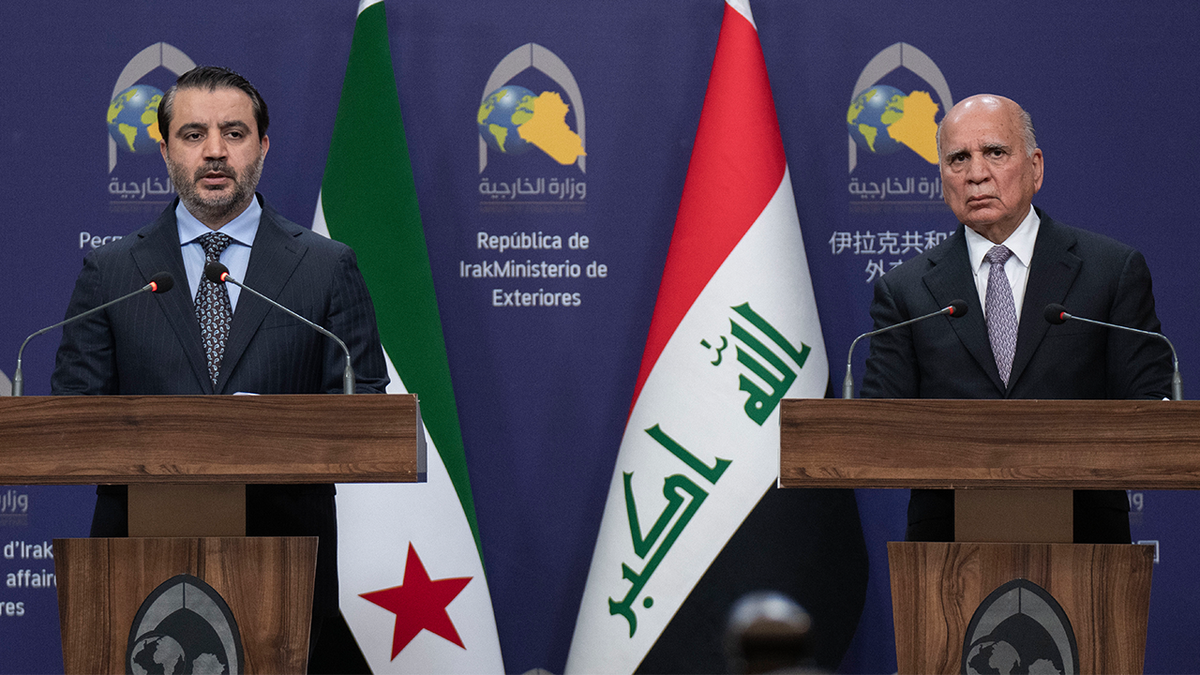
Syrian Foreign Minister Asaad al-Shaybani, left, speaks during a news conference with his Iraqi counterpart Fouad Hussein following their meeting, in Baghdad, Iraq, Friday, March14, 2025. (AP)
CLICK HERE TO GET THE FOX NEWS APP
U.S. and Iraqi forces were able to identify al-Rifai using DNA collected in a previous raid where he narrowly escaped.
«Abu Khadijah was one of the most important ISIS members in the entire global ISIS organization. We will continue to kill terrorists and dismantle their organizations that threaten our homeland and U.S., allied and partner personnel in the region and beyond,» Gen. Michael Erik Kurilla, commander at CENTCOM, said in a statement.
INTERNACIONAL
El papa Francisco cumple un mes internado y estiman que podría necesitar oxigenación de por vida
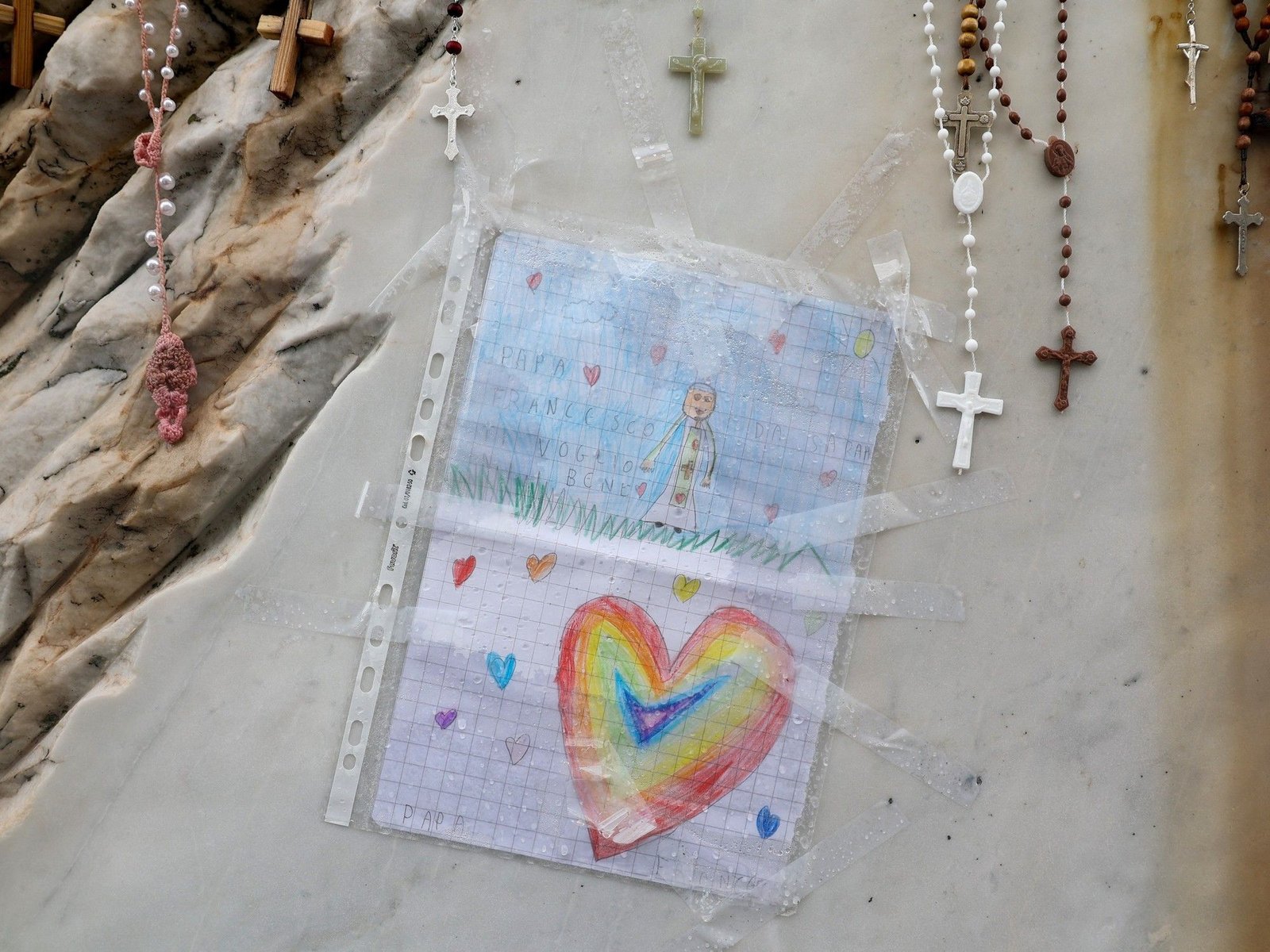
Doce años de papado
La dependencia al flujo de oxígeno
Un mensaje de Putin y otro de la Casa Blanca
-
POLITICA2 días ago
Lilia Lemoine se peleó con Marcela Pagano y Rocío Bonacci por dar quórum a una iniciativa del peronismo
-
POLITICA2 días ago
Guillermo Francos apuntó contra los barras que se manifestaron en el Congreso: “Usaron a los jubilados”
-
POLITICA19 horas ago
El Gobierno presentó la denuncia contra municipios, barras bravas y la jueza que liberó a los detenidos en el Congreso















